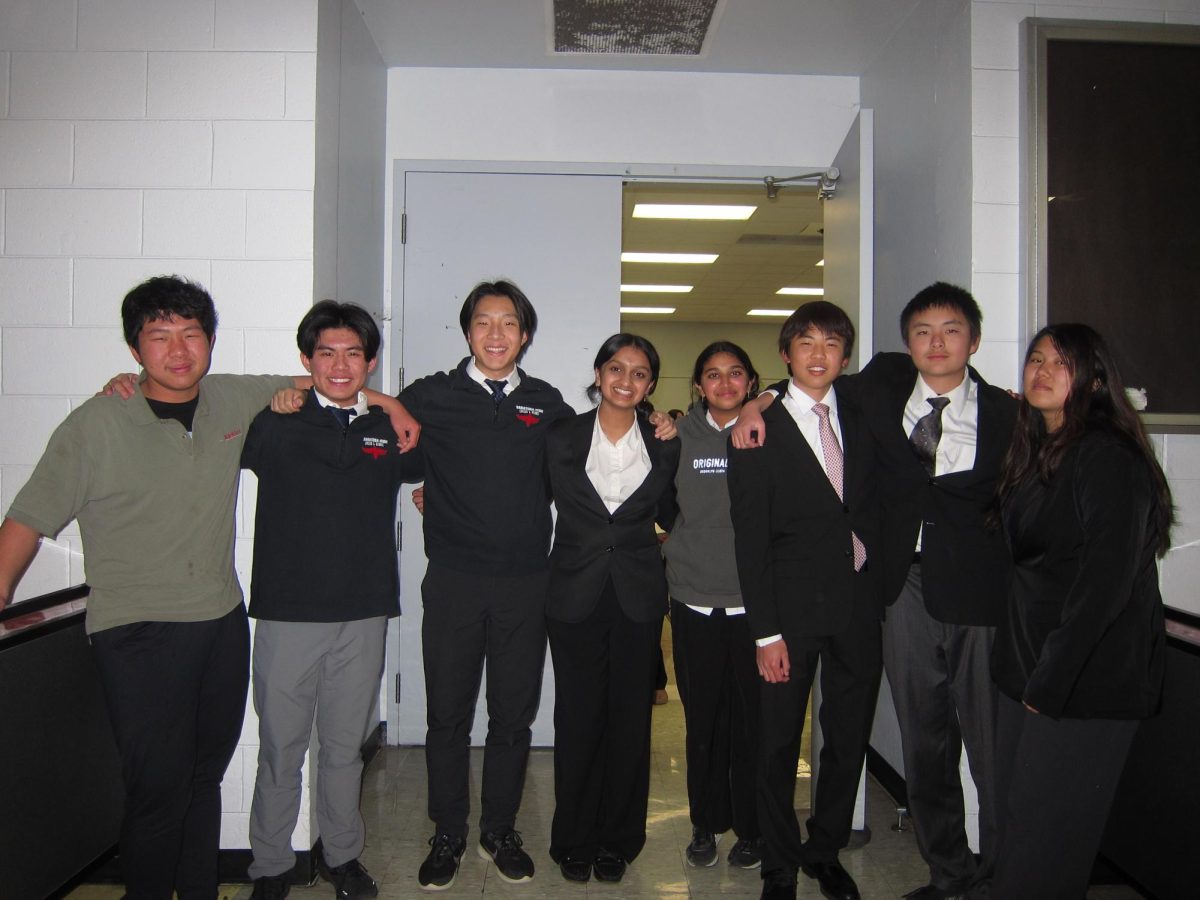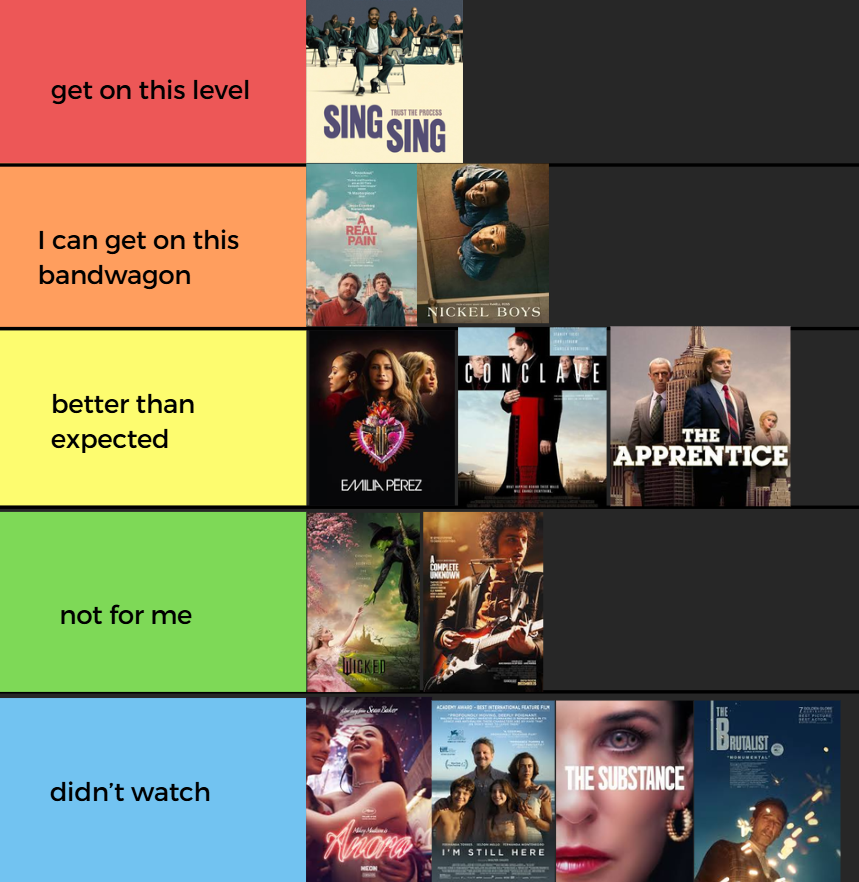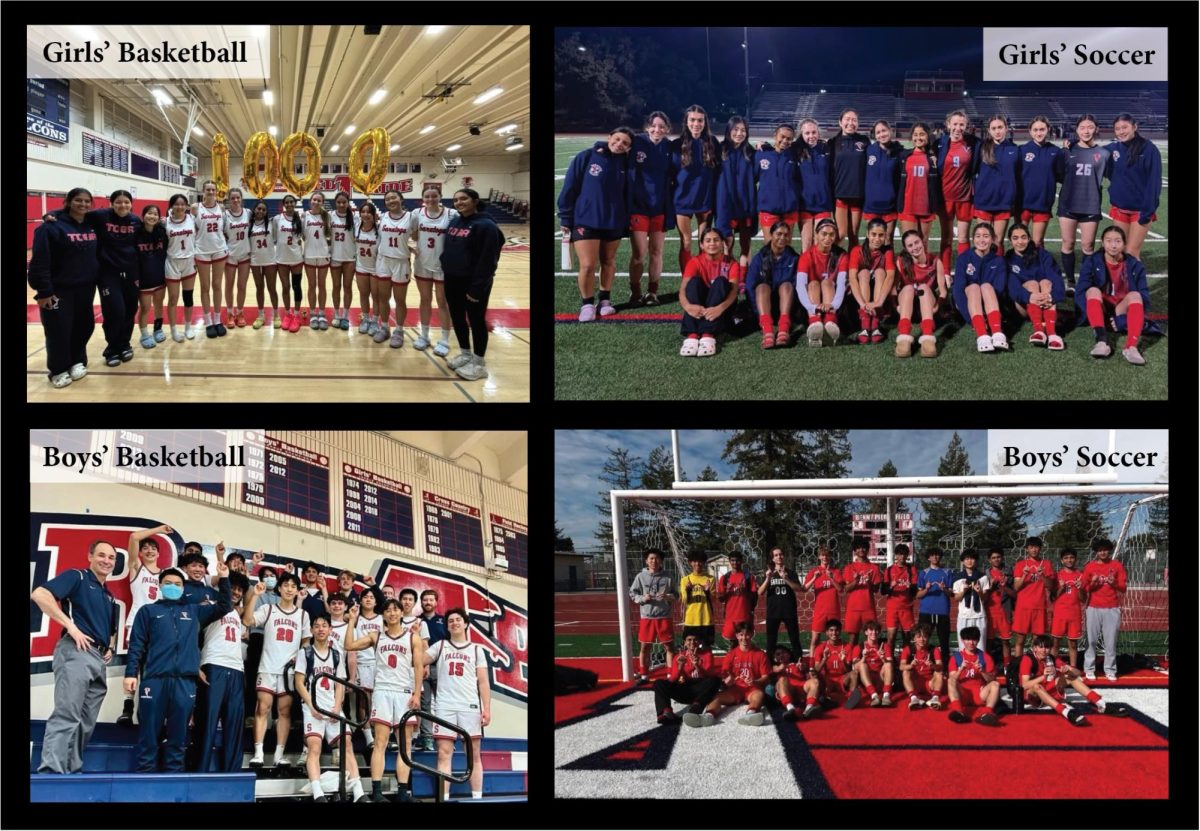“Al’ right class, you have 30 minutes. Time starts now!”
In another classroom—just next door—another teacher says, “40 minutes for the test, now go!”
Teachers within the same department will often assign different versions of a test and use different grading methods. This lack of uniformity is unfair to students, especially if teachers of the same subject do not collaborate with each other, because it gives some students an advantage over others.
Although all California teachers are required to adhere to certain teaching standards that must be met during the course of the school year, teachers have the freedom to decide how they wish to meet those standards. Teachers create their own tests, curriculum and assignments.
When teachers are allowed to devise their own way of teaching, it often gives one student an advantage over another student taking the same class with a different teacher. For example, some teachers offer A+’s to their students, while other teachers of the same subject do not.
This irregularity is unfair, for if two hardworking students had different teachers, only one of them would have the chance to earn an A+. Colleges would then only see the A+ on the transcript, without taking the circumstances behind the grade into consideration. Grades should objectively reflect and be a factor of what they know, not who they are.
The formats of tests should also be taken into consideration. The use of calculators and time limits for tests should especially be regulated, because variations between these would give some students an advantage over others. Tests taken with Scantrons and multiple choice options are easier to guess on
compared to short answer tests.
Certain departments on campus are already standardizing the way teachers teach subjects. For example, AP U.S. History teachers Kim Anzalone, Margarita Morelle and Matthew Torrens meet regularly to collaborate to create the same rubrics for grading essays and create similar classroom activities, such as role simulations.
The benefits of collaborating on the same curriculum are endless. Students can approach any teacher that teaches the subject during tutorial, giving the student more opportunities to receive help if their own teacher is busy.
Additionally, standardized curriculum and grading techniques prevent students from complaining that one teacher is “easier” than another. In APUSH, in which three teachers teach the subject, all students from any teacher are equally prepared for the AP exams.
More departments on campus should start to follow in the footsteps of the APUSH teachers, in order to ensure that any teacher students are assigned to allows them an equal chance to earn a high grade.

























